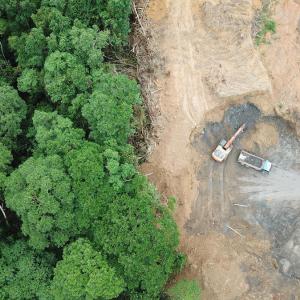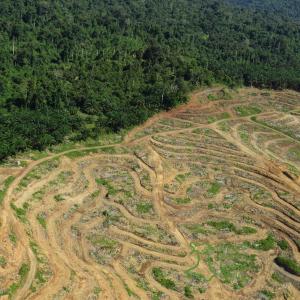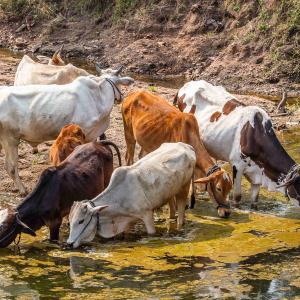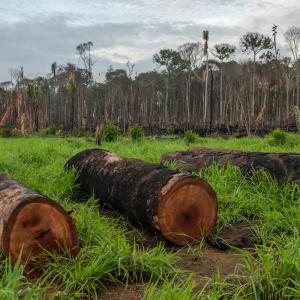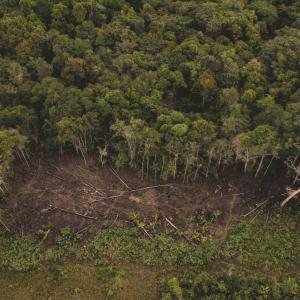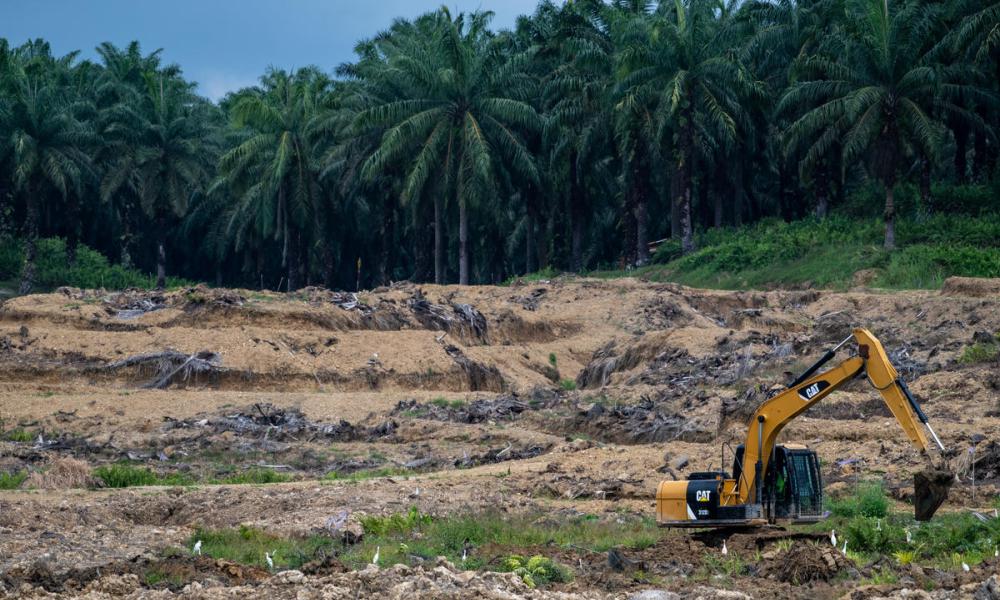
What is the Environmental Crimes Financial Toolkit
What is the Environmental Crimes Financial Toolkit
The Environmental Crimes Financial Toolkit (ECFT) is an online platform that assists financial institutions in monitoring risks related to deforestation and land conversion – and, more broadly, environmental crimes – that could be linked to financial operations.
By highlighting red flags and risks associated with various types of environmental and financial crimes, the Toolkit helps financial institutions (FIs) strengthen their screening processes when reviewing existing clients, onboarding new ones, and assessing sectoral risks.
The toolkit has been featured in articles by Commercial Risk, Fintech Finance News, The Fintech Times, Mongabay and Business Green.
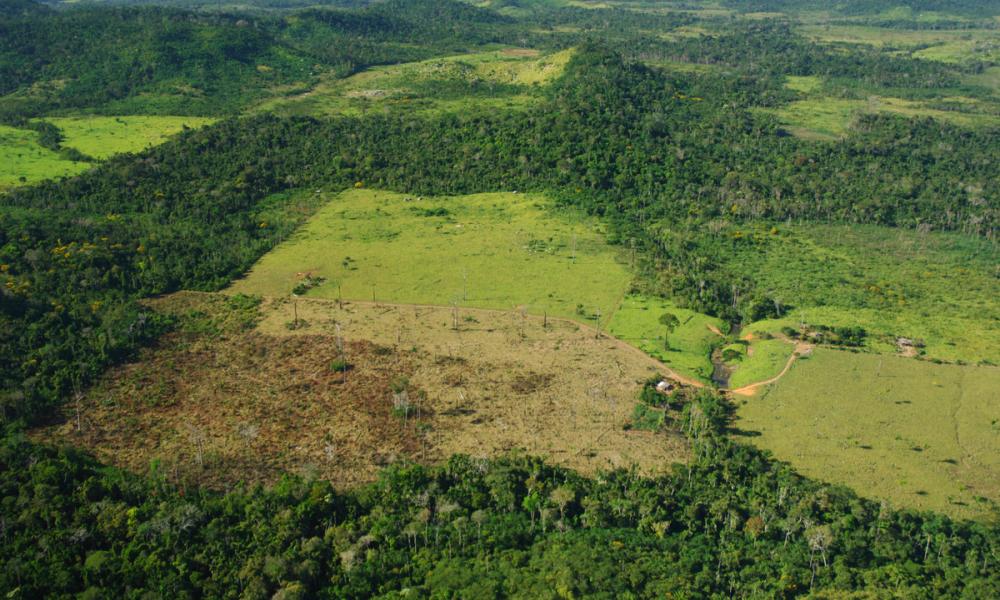
The problem
The problem
Altogether, environmental crimes cost society between US$110 and $281 billion annually. (Interpol, 2018) Our recent report highlights how environmental crimes are increasingly linked to an array of financial crimes – including bribery, corruption, money laundering, tax evasion, and fraud – as well as other predicate crimes such as human, drug, and wildlife trafficking.
Financial institutions are increasingly exposed to deforestation and land conversion through investment, capital provision, and financing of trade in hard and soft commodities – especially cattle, soy, palm oil, timber, cocoa, coffee, rubber, minerals, oil, and gas.
In addition, new regulations in the UK, EU, US, and other jurisdictions are being developed to address deforestation, biodiversity loss, and human rights violations connected to land conversion and global commodity supply chains. This context requires an unprecedented effort from financial institutions to manage legal, financial, and reputational risks, while contributing to a more sustainable future where people, businesses, and nature all thrive.

The solution
The solution
The main goal of this project is to strengthen the capacity of financial institutions to detect operations linked to environmental and financial crimes, including deforestation and land conversions.
The immediate benefit of the ECFT is to raise awareness among financial institutions about the crimes in commodity supply chains, their connections to predicate offences (such as financial crimes and human rights abuses), and the risks they pose to the FI’s operations, reputation, and exposure to non-compliance with upcoming regulations.
In the medium and long term, this will result in FIs designing better-informed, more efficient, and more ambitious risk-control procedures and protocols related to deforestation, land conversion, and environmental crimes.
Resources
The many faces of environmental crime
Explained by world leading experts. One at a time.
The ECFT Blog Series, is part of the Environmental Crimes Financial Toolkit developed by WWF and other partners, with support from the Climate Solutions Partnership (CSP).The CSP is a philanthropic collaboration between HSBC, WWF and WRI with a global network of local partners, aiming to scale up innovative nature-based solutions and support the transition of the energy sector in Asia to renewables, by combining our resources, knowledge, and insight.
Interpol estimates that environmental crime is the third largest criminal activity globally, generating between USD110 and 281 billion per year. However, major knowledge gaps remain around the specific ties binding financial crimes and human rights violations together with land conversion, deforestation, and other environmental crimes. This represents a key vulnerability for the financial and banking system, with implications reverberating across ecosystems, communities, and global commodity supply chains. To address this knowledge gap, we partner with global experts and leading institutions to unveil – one at a time – the many faces of environmental crime.
Themis and WWF: Deforestation, Land conversion and the Financial Crime Nexus
Join us as John Dodsworth, Drivers Initiative Lead at WWF-UK engages in conversation with Aine McParland, Financial and Environmental Crime Researcher at Themis and Olivia Dakeyne, Associate Director of Themis' Insight Team, as they delve into the recently published report by WWF-UK and Themis titled 'Financial Crimes and Land Conversion: Uncovering the Risk for Financial Institutions.'
Tune in to gain insights on the critical issue of land conversion and its far-reaching implications for financial institutions. Learn more about the broader Environmental Crimes Financial Toolkit, an initiative being developed in partnership with WWF-UK, designed to address these challenges directly.
Contact us
If you would like to hear more about the Environmental Crimes Financial toolkit or get in touch with our team, please email us on: ecft@wwf.org.uk

